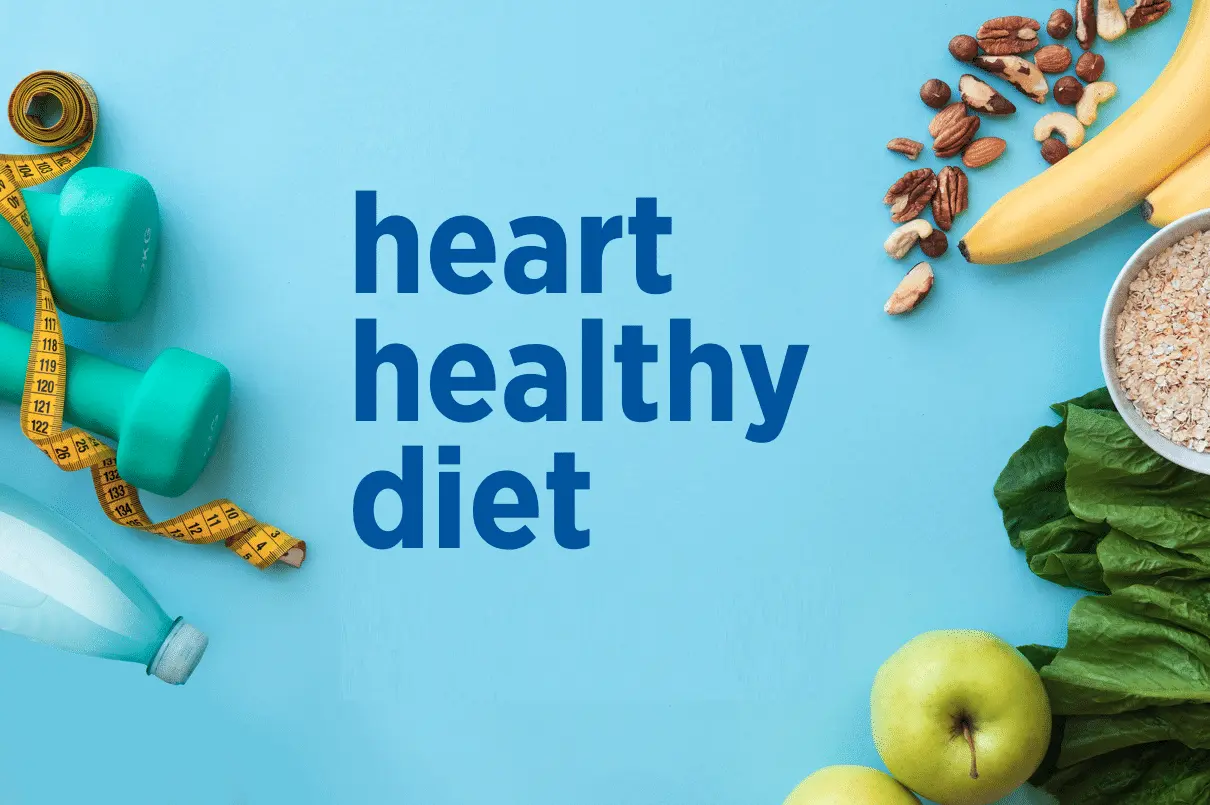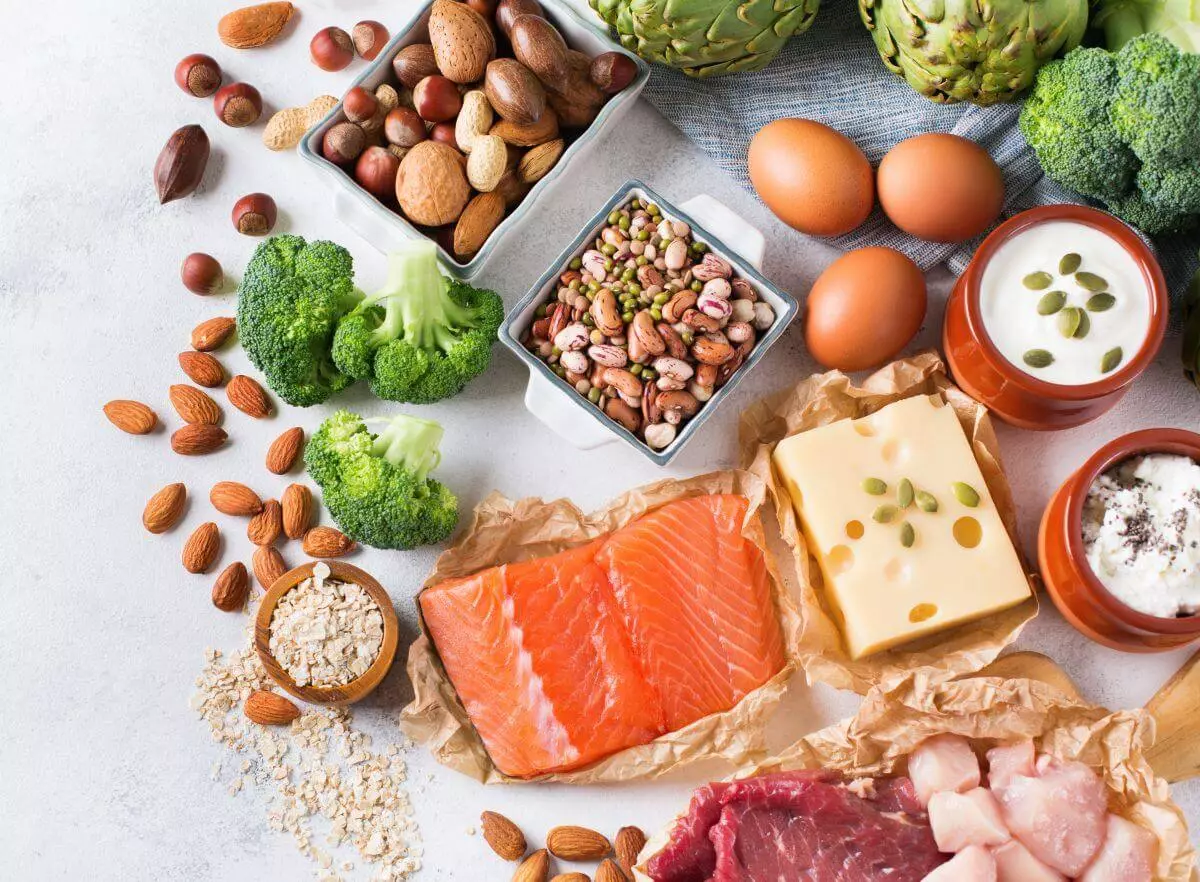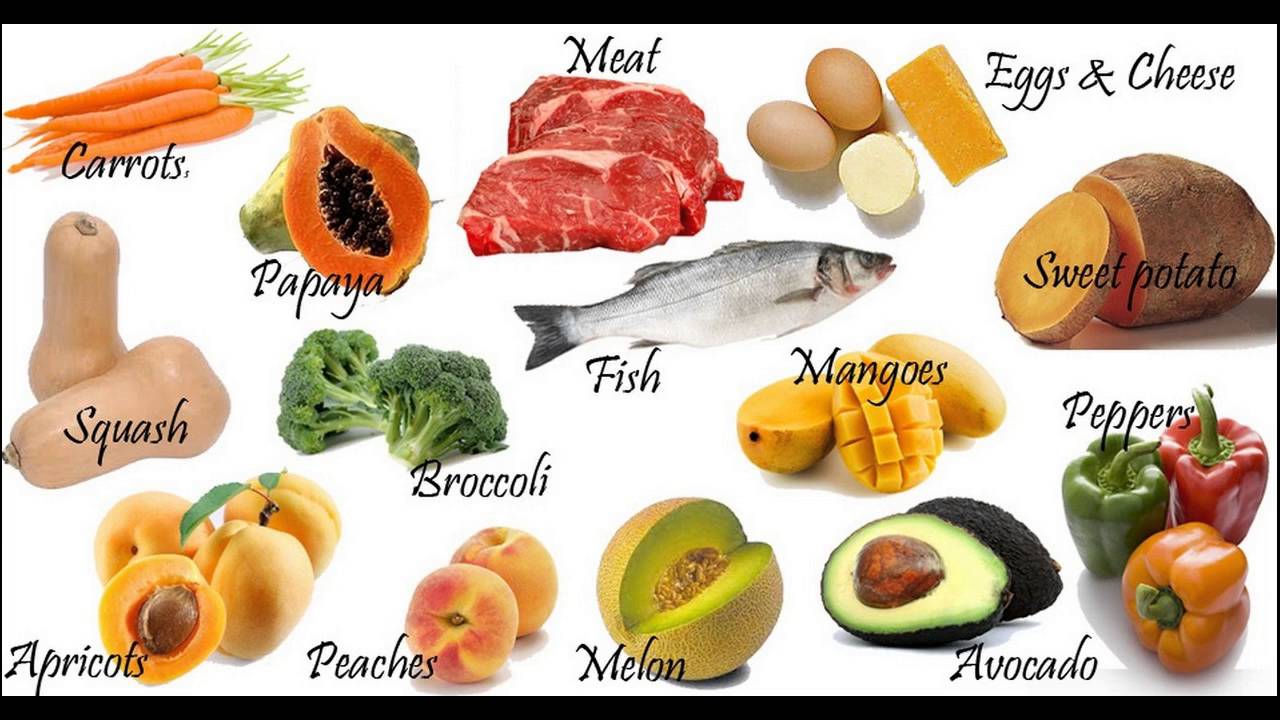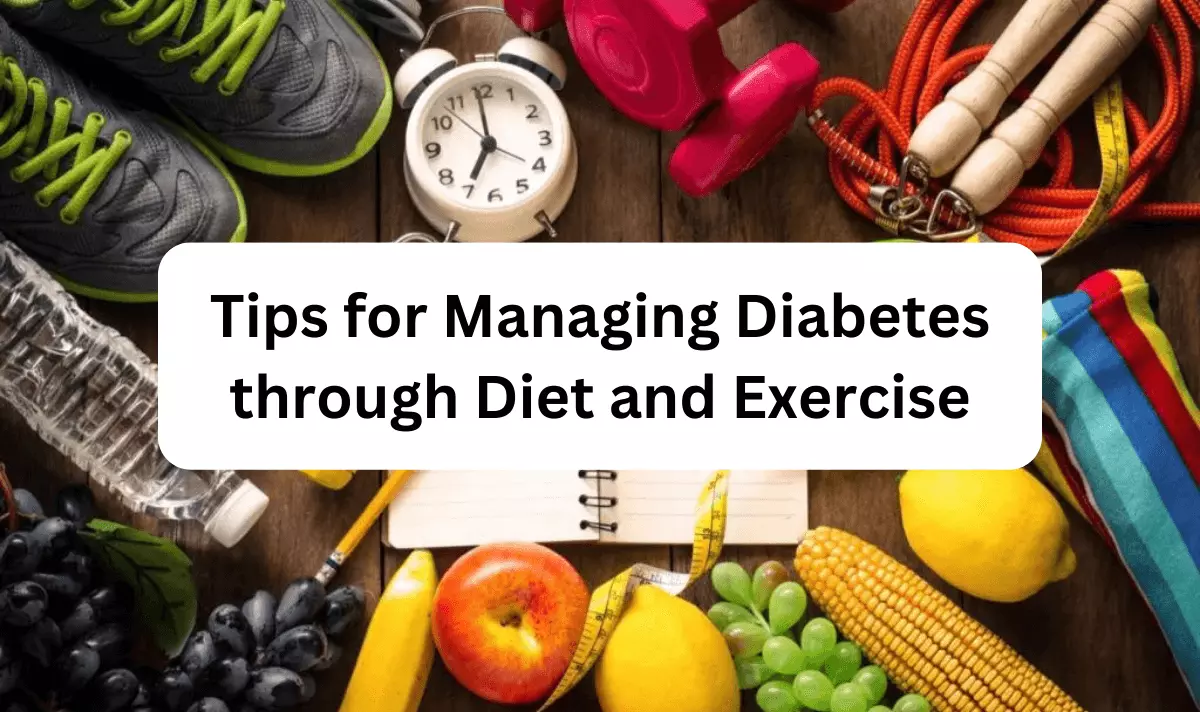Foods to prevent heart diseases
Can improving eating habits prevent heart diseases? Yes, the food choices you make every day either have a good or bad impact on your heart health. Today, the emergence of sudden heart attacks or cardiovascular issues in almost every age group is the evidence of imbalanced modern lifestyle and unhealthy dietary habits.
The idea of having to give up on their favourite foods restrains people from switching to a healthy diet. However, you can learn to add flavourful dishes to your daily plate and decrease the risk of having heart-related problems. In order to achieve this goal, you need to emphasize on a fibre-rich, whole grain, rich-in-protein diet. The diet should also be low in saturated fat, sodium, and artificially added sugar.

Keeping that in mind, here are the best foods recommended by Cardiologists of AMRI Hospitals that help in keeping heart diseases at bay:
- Know the Power of Whole Grains
Whole grains are both comfort food and nutrient powerhouses. The journey of switching from refined grains to whole grains is the easiest change that can improve your overall heart health. Food items like brown rice, wheat pasta, grainy bread, and oats are best known fibre-rich items that keep cholesterol levels in proper balance. Ensure to check the terms ‘whole grain’ or ‘whole wheat’ before buying bread and other items that indicate a whole grain product. ‘Wheat flour’ or ‘multigrain’ are misleading terms since these have refined carbohydrates, which is simply not good for your heart.
- Eat plenty of fruits and vegetables
More is more when it comes to fruits and vegetables! Leafy greens, berries, grapes, bananas, apples, potatoes, tomatoes, and all of these items contain a variety of vitamins and minerals, fibres and antioxidants that can prevent heart diseases.
Eating antioxidant-rich berries can lower LDL cholesterol, systolic blood pressure, and certain markers of inflammation. Also, nitrates and vitamin K present in green, leafy vegetables help your arteries and blood vessels by significantly lowering the risk of coronary issues. Red, yellow, and orange veggies such as carrots, sweet potatoes, and tomatoes are fully packed with carotenoids, fibre and vitamins that keep your heart healthy.
- Trust on Healthy protein-rich foods
There is no better way than choosing a plant-based protein diet for a healthy heart. Beans, lentils, green peas, chickpeas, chia seeds, or brussels sprouts are food items that have shown good results in lowering the risk of heart diseases. Non-vegetarians can replace consumption of red meat to eggs, fish (tuna or salmon) and various forms of seafood to enjoy a heart-healthy eating pattern. Having one course of a rich-protein diet can help lower cholesterol, reduce blood pressure and help you in maintaining a healthy body weight.
- Replace excess salt with natural herbs
We don’t realize that processed and packaged food have high amounts of salt, which can invite many health problems. Eating too much salt can be a major trigger for high blood pressure, which makes your heart work too hard, damages your arteries, and increases the risk of developing cardiovascular diseases. One of the best ways to reduce salt consumption is to make your diet rich on fresh and unprocessed food. You can also replace salt with spices and herbs like black pepper, dry chili, garlic, onion, basil, cumin, etc.
- Healthy fats and oils never hurt
Unhealthy fats, alos known as transfat or saturated fat, not only raises LDL cholesterol but also lowers HDL levels. Olives, avocado, peanut butter, soya & soya milk, flaxseeds, and tofu are ich sources of healthy fats that can be consumed raw or in any other form. Doctors mostly, advise cooking daily meals with vegetable oil to vegetable oil r, canola, olive or soybean oil that help in lowering cholesterol, leading to reducing the risk of developing heart disease.
- Soak nutrients from Nuts
Nuts are a great source of nutrients and energy that even benefits your health in many ways! The best approach for intake of nuts is to have it in moderation. As there are several options available, you can start with one or two that you love! Almonds are known as one of the most nutrient dense of all. The goodness of monounsaturated fatty acids, and fibre makes it perfect to keep heart health intact. Walnuts are best for people suffering from type 2 diabetes as it helps in reducing total cholesterol, LDL cholesterol, and triglycerides. Pistachios have a high degree of fibre, helping in controlling your appetite and temptation for unhealthy snacks. You can also add cashews, peanuts, pecans, or hazelnuts in the list.
From controlling risk of abdominal obesity, instutional body inflammation to cholesterol management, nuts appear to be quite heart healthy.
Keep in mind that healthy eating can greatly improve your health but cannot be replaced for medications. If you are suffering from heart conditions, an improved diet alone is not enough to promote good heart health. Maintaining weight and the right amount of nutrients also contributes to enhancing overall lifestyle.

Karen is a health blog author who has been writing about healthy living since 2013. She started her journey by adopting a vegan diet and eating only organic foods, but the more she learned, the more she realized that we should all be eating plant-based diets exclusively. As an expert in nutrition and wellness, Karen blogs to educate readers on how they can live happier and healthier lives through food choices!












